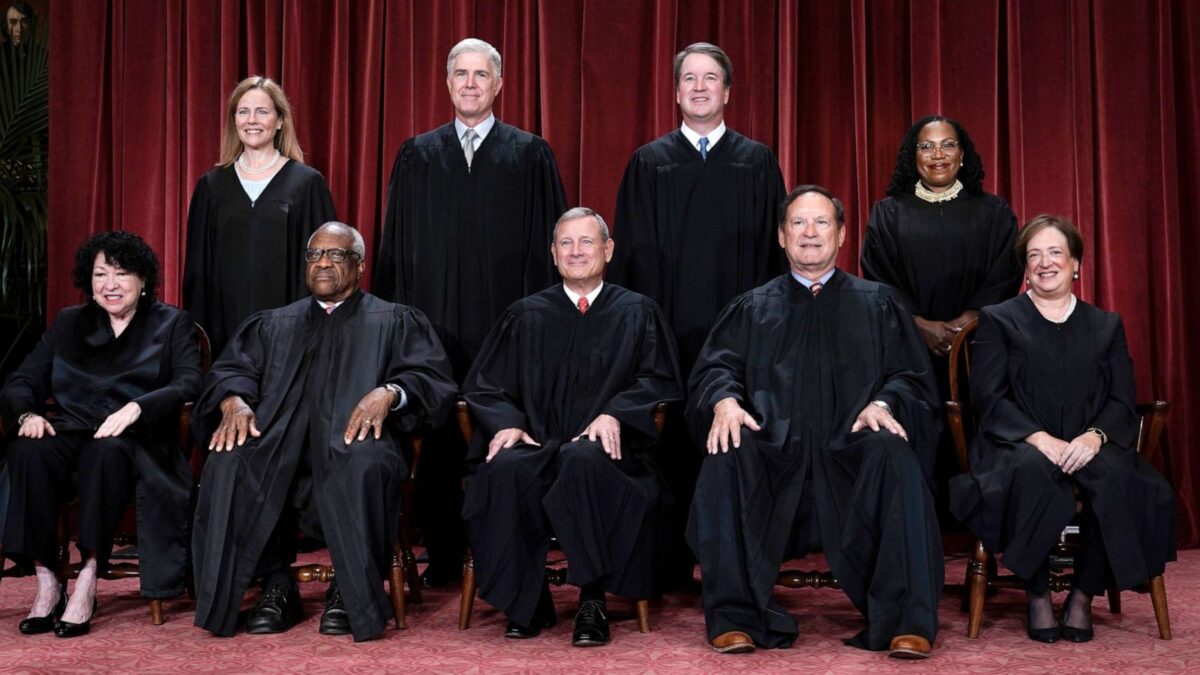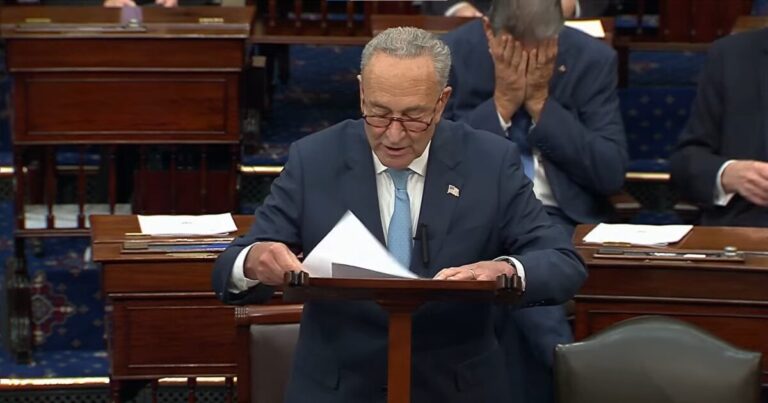The Supreme Court decided to stay out of Kim Davis’ fight, and that says a lot about where even a so-called “conservative” majority court stands these days. Davis, the former Kentucky county clerk who refused to issue marriage licenses to same-sex couples back in 2015, asked the justices to revisit her case on religious freedom grounds. The Court didn’t bite. No hearing, no explanation, just a quiet “no thanks.” And with that, one of the most talked-about religious liberty cases of the last decade is officially dead.
Now, let’s be honest about what this really means. Davis wasn’t asking to overturn Obergefell v. Hodges, the 2015 ruling that legalized same-sex marriage nationwide. She was asking for a little recognition that her First Amendment rights matter too. She wasn’t trying to stop anyone from getting married, she just didn’t want her name and office forced into signing something that violated her deeply held Christian beliefs. For that, she was jailed and now owes over $360,000 in damages and legal fees. All for following her conscience.
You’d think a Supreme Court with six Republican-appointed justices might at least look at the issue. After all, if a public servant can’t exercise basic religious freedom without facing bankruptcy or jail time, what does that say about the direction of this country? Justice Clarence Thomas warned about this years ago, saying Obergefell created “ruinous consequences for religious liberty.” He was right. We’re living it.
The media loves to say that same-sex marriage is “settled law.” But “settled” doesn’t mean “just.” Roe v. Wade was “settled” too—until it wasn’t. The difference here is that even though the Court has the numbers to reconsider Obergefell, it clearly doesn’t have the will. Justices like Amy Coney Barrett and Brett Kavanaugh are signaling they don’t want to reopen the debate, calling the decision one that Americans have come to rely on. That’s another way of saying they’re not interested in rocking the boat.
For millions of people of faith, that’s disappointing but not surprising. Once the government decides that personal belief must bow to political fashion, there’s not much room left for principle. Kim Davis stood her ground when it was unpopular to do so. Agree with her or not, she paid a steep price for defending the idea that your faith shouldn’t be something you check at the courthouse door.
The Court’s refusal to hear her case doesn’t just close the book on Kim Davis—it quietly signals that even in a conservative era, religious liberty still takes a back seat to cultural conformity. And that should worry everyone who believes rights don’t come from government, but from God.




Leave a Comment